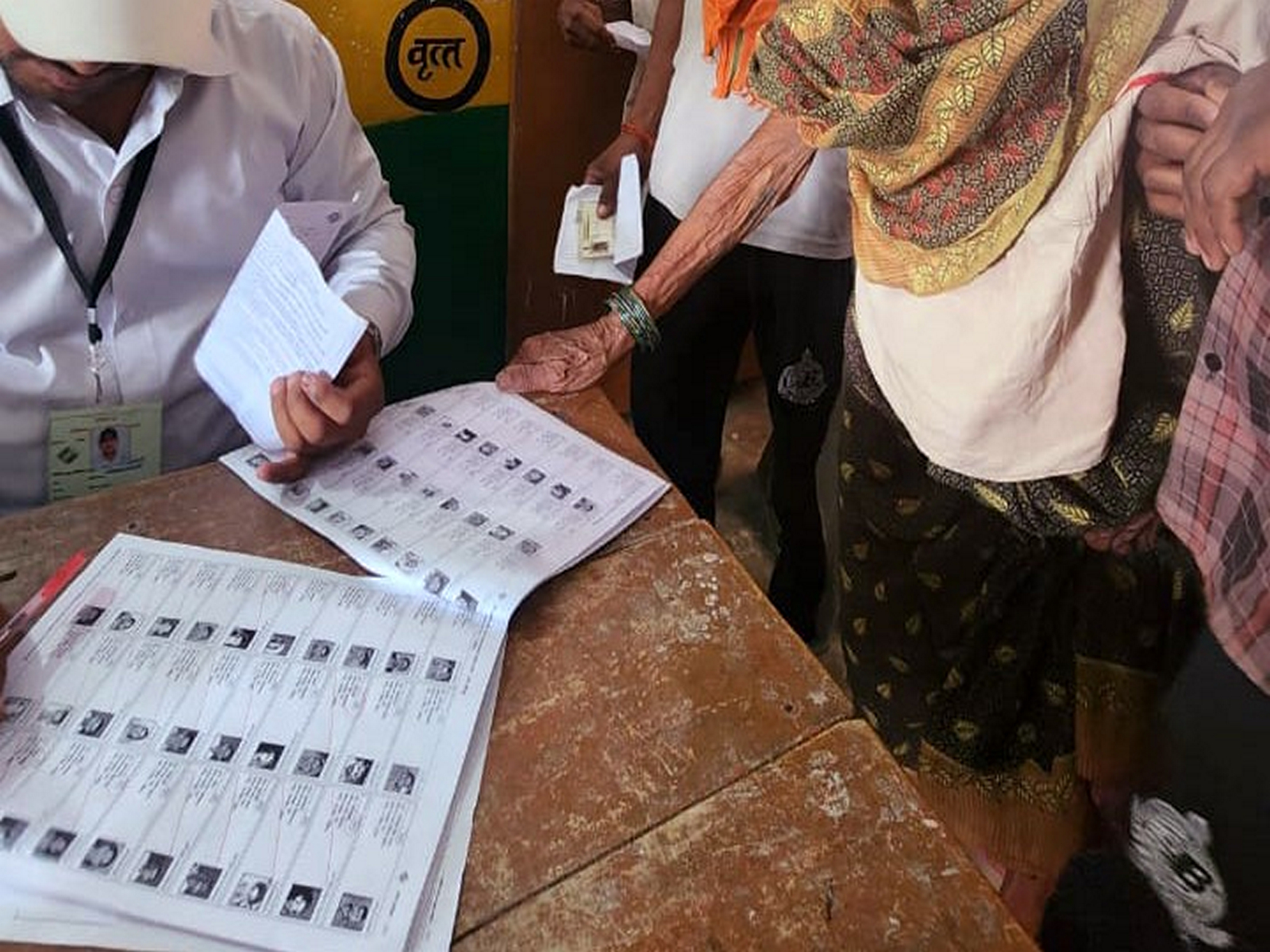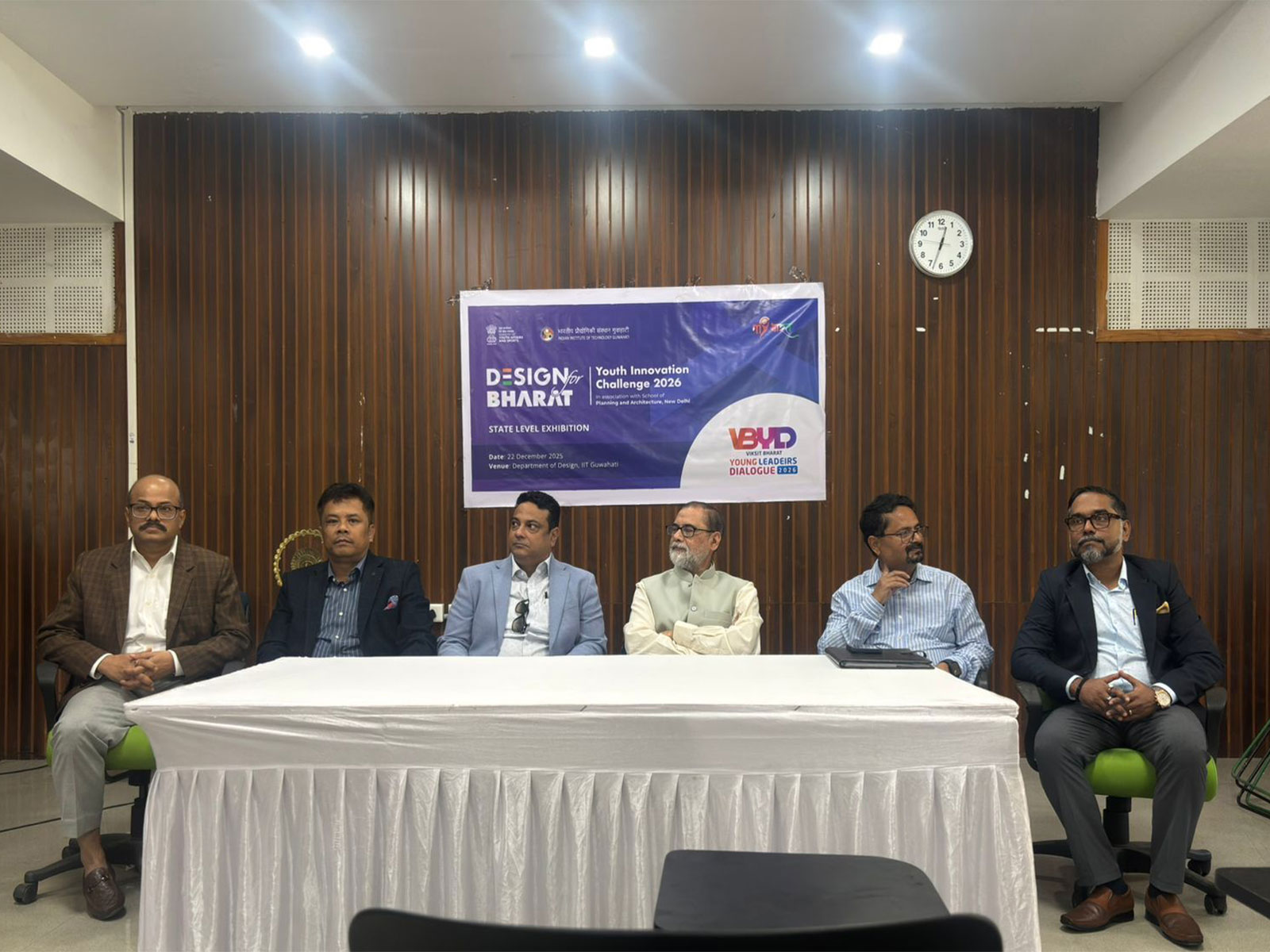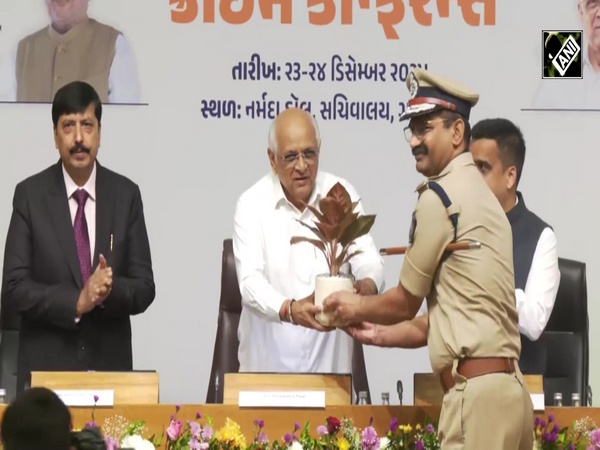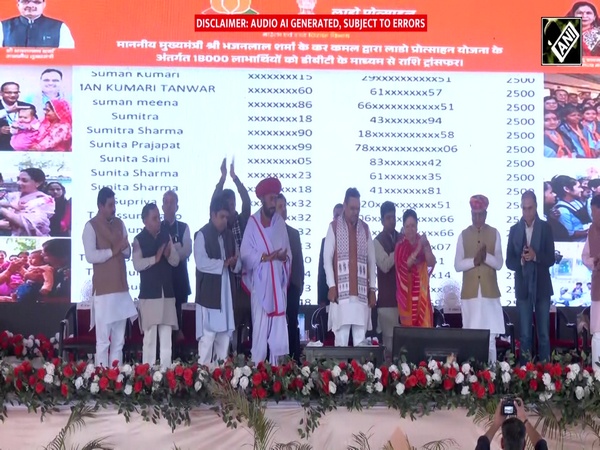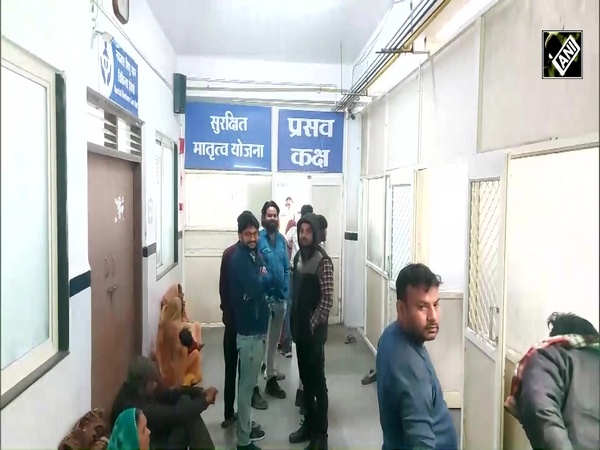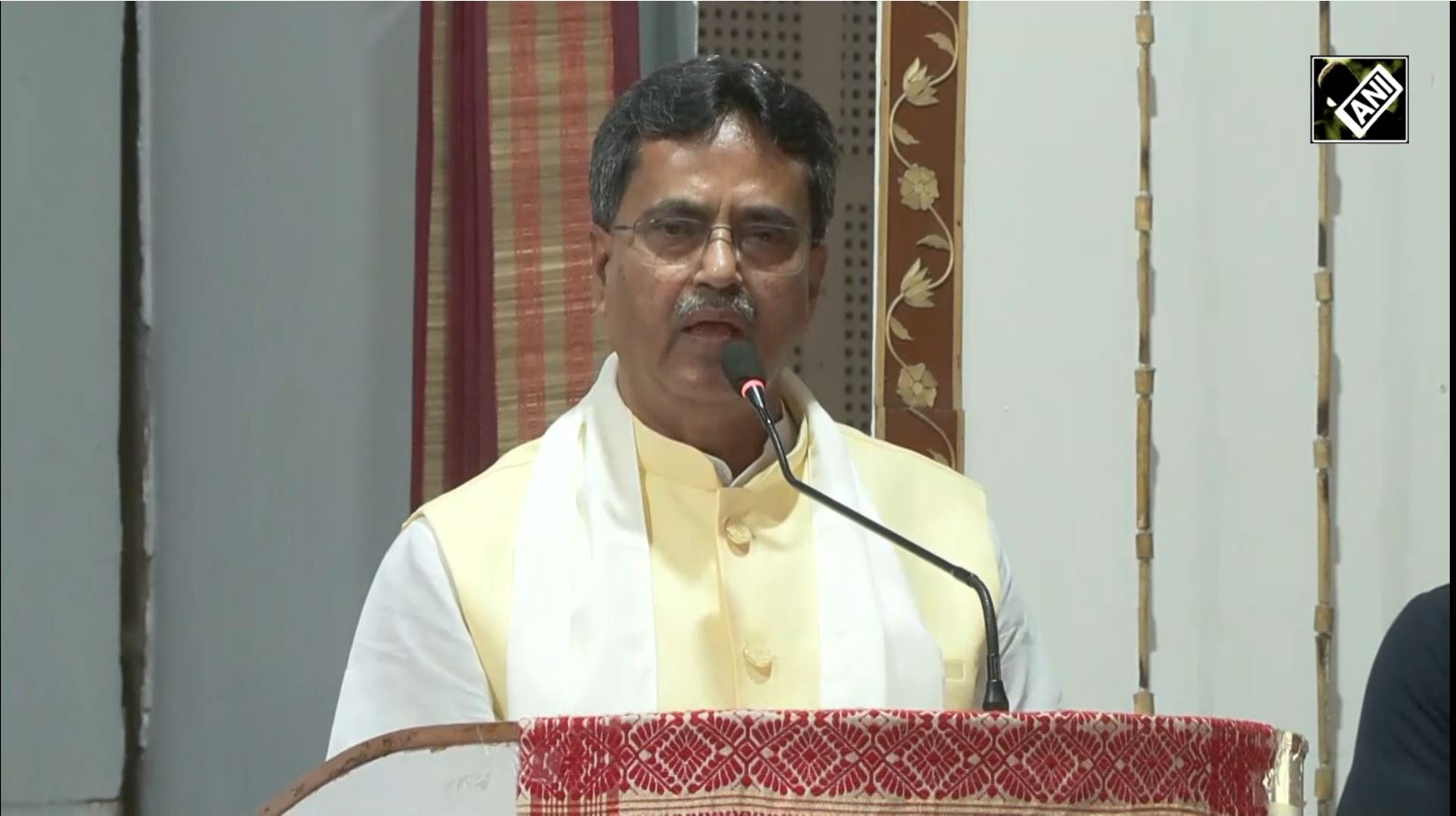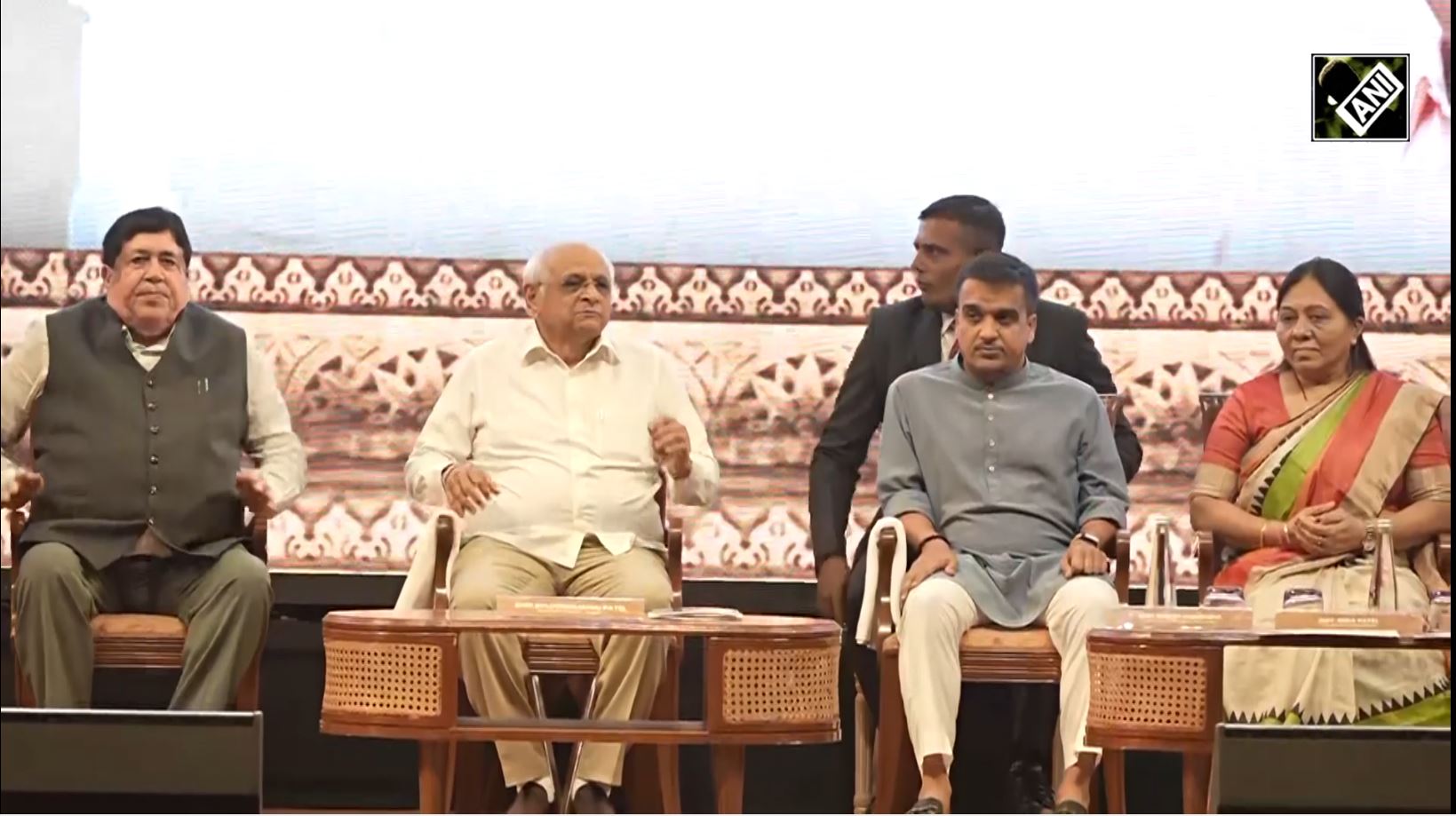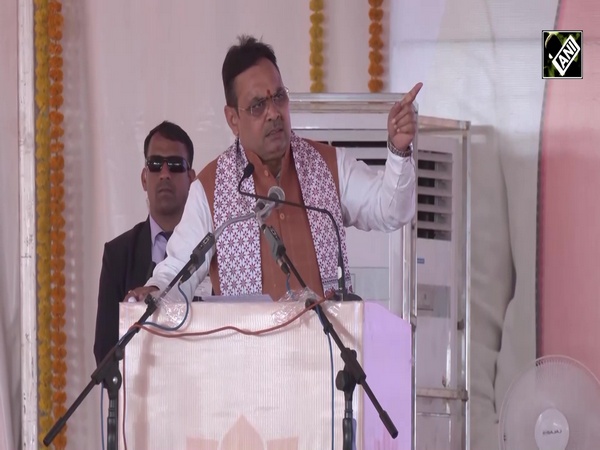India: Kerala's Nilambur, Thrissur join UNESCO Global Network of Learning Cities
Sep 05, 2022

Paris [France], September 5 : Indian city of Nilambur and Thrissur in Kerala state has joined the UNESCO Global Network of Learning Cities.
The UNESCO Global Network of Learning Cities is an international policy-oriented network providing inspiration, know-how and best practice. Learning cities at all stages of development can benefit greatly from sharing ideas with other cities, as solutions for issues that arise as one learning city develops may already exist in other cities.
The UNESCO GNLC supports and improves the practice of lifelong learning in the world's cities by promoting policy dialogue and peer learning among member cities; forging links; fostering partnerships; providing capacity development; and developing instruments to encourage and recognize progress made in building learning cities.
Nilambur is a city with various socio-economic patterns marked by an urban and rural mix. The majority of the population depends on agriculture and allied industries. It is also an eco-tourism destination in Kerala State, India.
It is a growing city whose objective is to promote sustainable development, gender equality, inclusivity and democracy through community ownership. By promoting lifelong learning, Nilambur hopes to ensure employment opportunities and (UN Sustainable Development Goal (SDG) 2, 'zero hunger').
Nilambur also aspires to become a women-friendly city by ensuring equal opportunities in all sectors, promoting capacity-building and reducing harassment.
Lifelong learning initiatives will provide Nilambur with the tools to innovate in agriculture and handicrafts, promote eco-tourism and improve water management.
Nilambur offers free healthcare facilities to all citizens and utilizes health volunteers to provide door-to-door treatment for bedded patients. It also promotes first-aid training for students and young citizens. Some hilly areas are facing connectivity problems: tele-medicine facilities will therefore be implemented to reach these populations.
The city is also a composite of various communities with regard to religion, caste and economy. Marginalized groups experience challenges related to unemployment, poverty, housing, education, livelihood and connectivity.
Nilambur's learning city strategy aims to ensure equality and inclusivity by using participatory democracy and creating grassroots committees.
In a skill-gap study that was conducted to identify gaps, it was found that the focus of the study is to upskill the community to provide better employment. Another goal is to promote local business, handicrafts, agriculture and eco-tourism.
Pre-primary education is for all children below the age of six. The programme also enables adults between 15 and 50 years of age to acquire the equivalent of Grade 4 in the formal education system.
Provides motivational sessions for children and older people and encourages these groups to make the most of the city's open spaces and parks. This initiative also addresses child labour, provides basic health facilities for older people, and arranges training sessions for citizens with disabilities and mental disabilities.
This project promotes a decentralized waste-management system and promotes recycling.
Moreover, Thrissur, the cultural capital of Kerala, home to academic and research institutions, and well-known for its jewellery industry, especially gold, Thrissur is the headquarters of four leading private sector banks in India and an important number of chit funds.
In Thrissur, a standing committee is responsible for decision-making on finance, development, health, education, welfare, public works and urban planning. With its support, the city intends to integrate all sectoral and economic strategies into its master plan.
As a member of the UNESCO GNLC, Thrissur hopes to contribute to the intellectual and peer learning processes, focusing on equitable access to learning for all, digital learning ecosystems and skills for sustainability.








